The secretary general of the National Association of Entrepreneurs and Employers (VOSZ) called the three-year wage agreement extremely ambitious. Speaking at the signing ceremony held in the Carmelite monastery, Laszlo Perlusz said that after last year's terrible inflation, very modest growth is expected this year, and after two such difficult years, they were able to agree on increasing the guaranteed minimum wage by 7 percent and the minimum wage by 9 percent next year. For the latter, they agreed on a 13 percent increase in 2026 and a 14 percent increase in 2027.
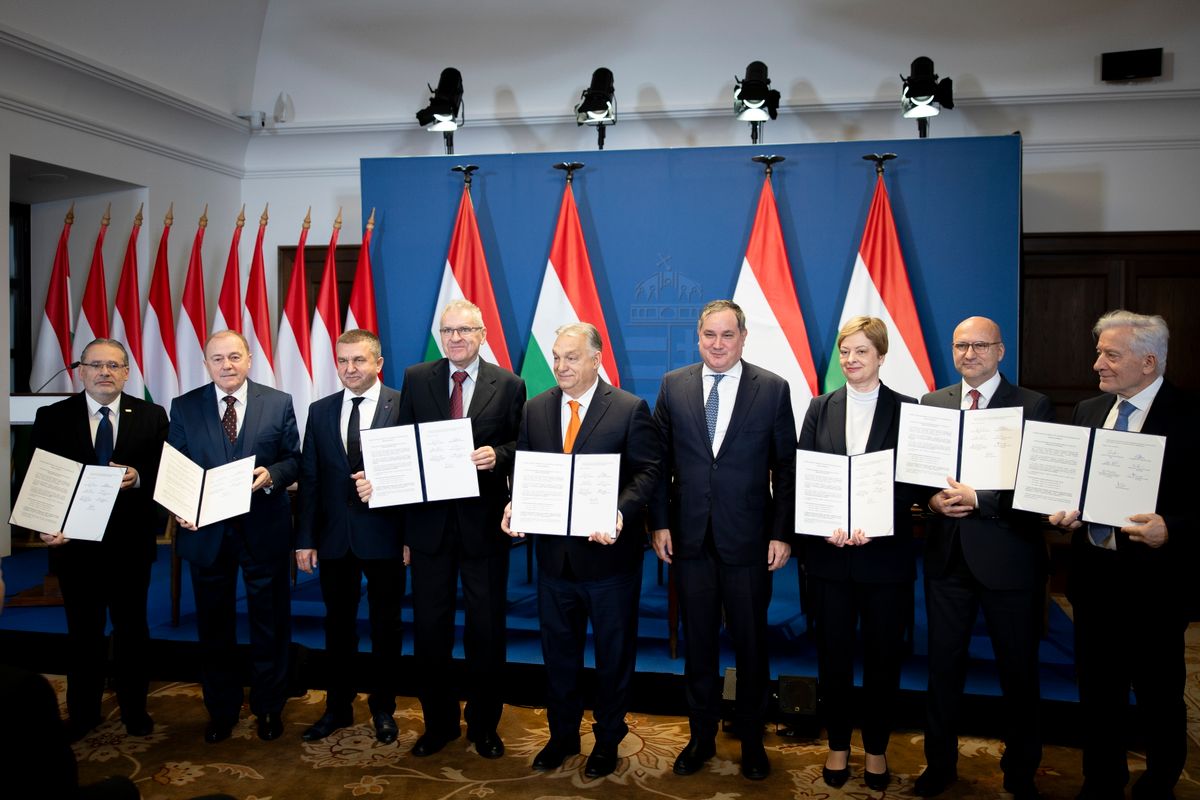
The wage agreement implies tasks not only for businesses, but also for workers and the government, he stressed. Employers need to be more competitive and productive and bring in state-of-the-art technologies, apply artificial intelligence and move towards digitalization and robotization. He pointed out that the government also has a lot to do:
besides contributing financially to wage increases, it is also necessary to launch programs such as the Demjan Sandor program for Hungarian small and medium-sized enterprises, and it is important to continue the Szechenyi Card program (state supported benefits/incentives for employees).
In addition to all this, large companies must not be forgotten, and an innovative and inclusive economic environment must be created to ensure that these nice figures can be achieved, said Laszlo Perlusz.
Melinda Meszaros, president of the LIGA Trade Union Confederation, said if
- the macroeconomic environment,
- the GDP
- or average wage rates
change, this agreement will be renegotiated and the necessary adjustments will be made.
She added that this year the negotiations have been particularly difficult due to the current macroeconomic environment and the ongoing war in Hungary's neighborhood, which has a serious impact both on the state of the economy and on the living conditions and livelihoods of employees. It was under these circumstances that employers' and employees' organizations had to negotiate and agree on a multi-year wage agreement.
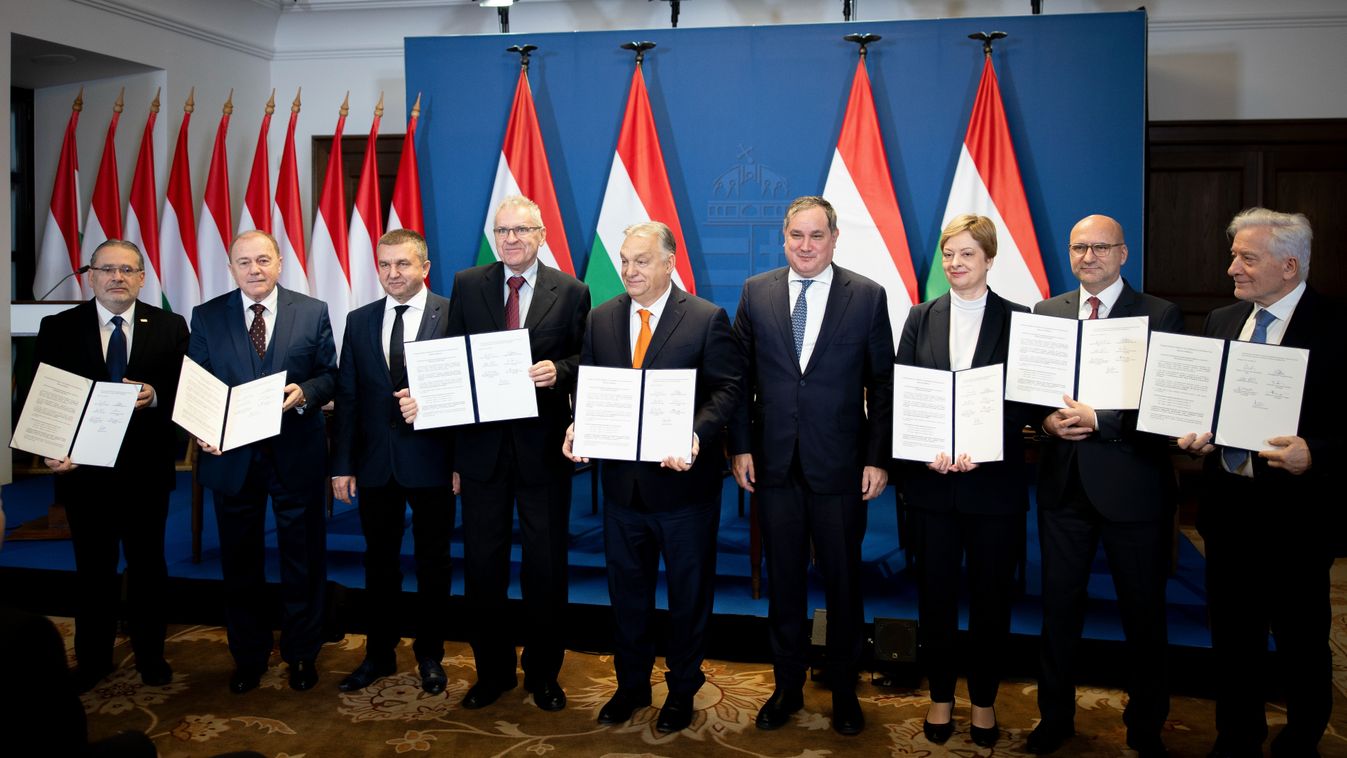







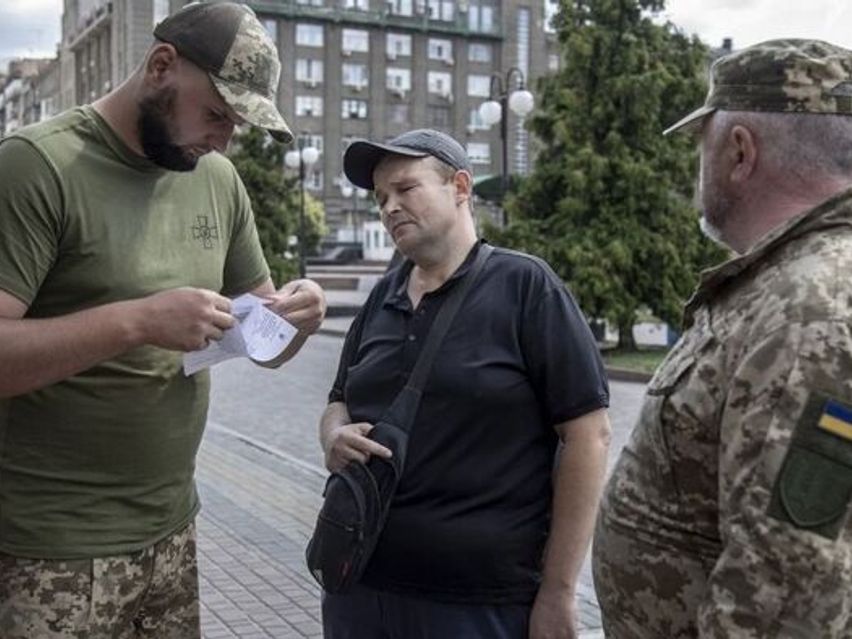
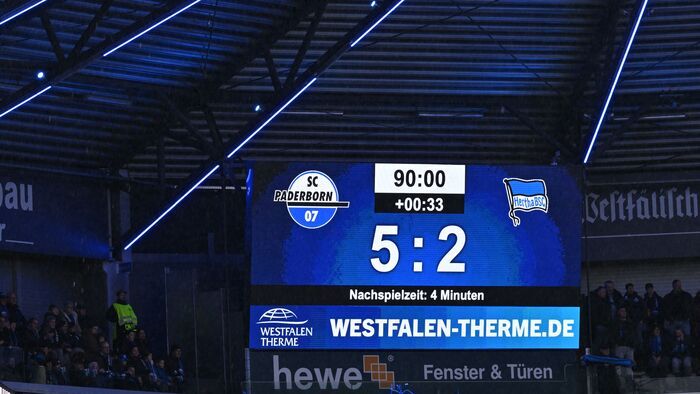





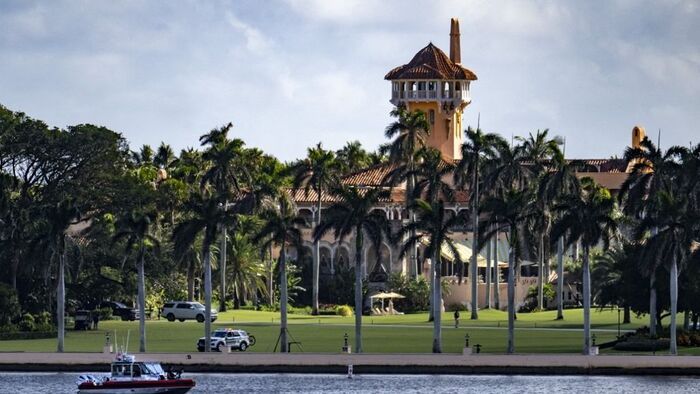

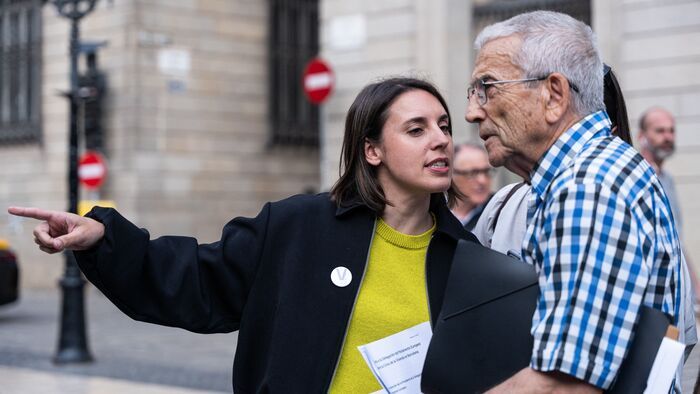





Szóljon hozzá!
Jelenleg csak a hozzászólások egy kis részét látja. Hozzászóláshoz és a további kommentek megtekintéséhez lépjen be, vagy regisztráljon!